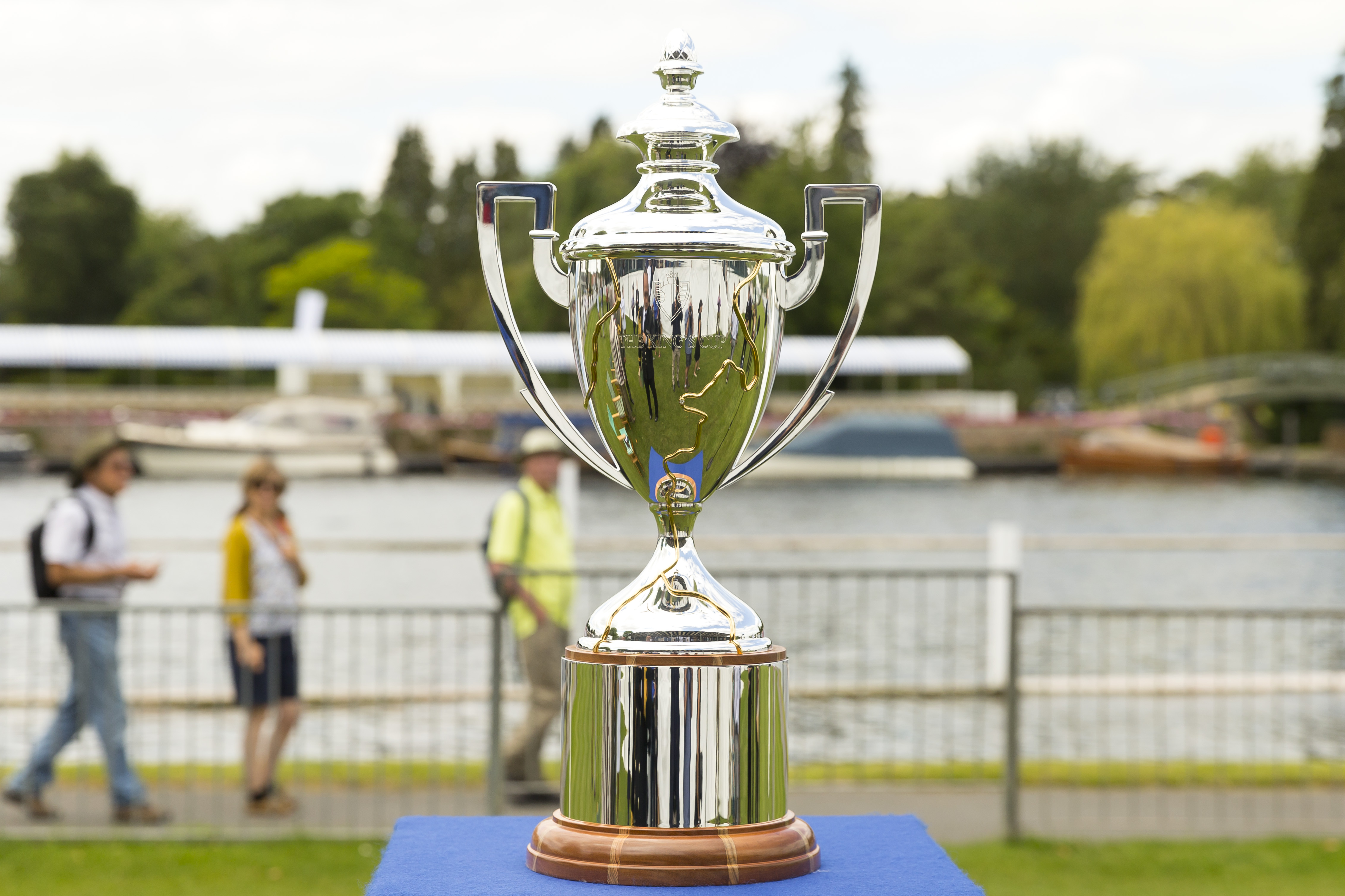History and Evolution of Copa del Rey

The Copa del Rey (King’s Cup) is the most prestigious knockout football tournament in Spain, dating back to 1903. Originally known as the Copa del Ayuntamiento de Madrid (Madrid City Council Cup), it was renamed in 1905 to honor King Alfonso XIII, who donated the trophy.
The tournament has undergone several format changes over the years. In its early days, it was contested by regional teams from Madrid and Barcelona. It was expanded to include teams from across Spain in 1905, and the format has been revised multiple times since then. The current format, introduced in 1989, involves 84 teams from all levels of Spanish football, including La Liga, Segunda División, Segunda División B, and Tercera División.
The Copa del Rey has been won by some of the biggest names in Spanish football, including Real Madrid, Barcelona, Athletic Bilbao, and Valencia. The most successful team in the competition is Barcelona, with 31 titles. Real Madrid is second with 20 titles, and Athletic Bilbao is third with 23 titles.
Some of the most memorable matches in Copa del Rey history include the 1957 final between Barcelona and Espanyol, which Barcelona won 4-0 in front of a crowd of over 100,000 people. The 1984 final between Real Madrid and Barcelona, which Real Madrid won 2-1 in extra time, is also considered one of the most classic matches in the competition’s history.
The Copa del Rey remains one of the most popular football tournaments in Spain, and it continues to produce memorable matches and moments.
Key Teams and Players in Copa del Rey

The Copa del Rey has witnessed the dominance of several legendary teams and the brilliance of exceptional players throughout its illustrious history. These teams and individuals have left an indelible mark on the tournament, contributing to its enduring popularity and prestige.
Most Successful Teams
FC Barcelona stands tall as the most successful team in Copa del Rey history, having lifted the trophy a record 31 times. The Catalan giants have showcased their unwavering dominance, consistently reaching the latter stages of the competition and delivering memorable performances.
Real Madrid follows closely behind with 20 Copa del Rey titles. The Spanish powerhouse has been a formidable force in the tournament, boasting an impressive track record of victories and unforgettable matches.
Athletic Bilbao, with 23 titles, ranks third on the list of most successful teams. The Basque club has a deep-rooted connection with the Copa del Rey, having played in more finals than any other team. Their passionate fans and unwavering support have played a significant role in their success.
Iconic Players
The Copa del Rey has also witnessed the rise of iconic players who have etched their names in the tournament’s history books. These individuals have showcased exceptional skills, scored unforgettable goals, and led their teams to glory.
Lionel Messi, the legendary Argentine forward, holds the record for the most goals scored in Copa del Rey history with 56. His mesmerizing dribbling, pinpoint passing, and clinical finishing have made him a formidable force in the tournament.
Cristiano Ronaldo, the Portuguese superstar, has also left a significant mark on the Copa del Rey. With 25 goals to his name, Ronaldo’s powerful strikes and match-winning performances have played a pivotal role in Real Madrid’s successes.
Iker Casillas, the former Real Madrid goalkeeper, is widely regarded as one of the greatest goalkeepers in Copa del Rey history. His exceptional saves, commanding presence, and leadership qualities have contributed to Real Madrid’s dominance in the tournament.
Impact on Popularity and Prestige
The success of these teams and players has undoubtedly elevated the popularity and prestige of the Copa del Rey. Their captivating performances, memorable matches, and unwavering fan support have attracted a global audience, making the tournament one of the most watched and celebrated football competitions in the world.
The presence of iconic players and the fierce rivalry between top teams have further enhanced the tournament’s allure. Fans eagerly anticipate each edition of the Copa del Rey, knowing that they will witness thrilling matches, unforgettable moments, and the crowning of a new champion.
Cultural and Social Significance of Copa del Rey
The Copa del Rey is deeply ingrained in Spanish culture and society, transcending its status as a mere sporting event. It has become a national obsession, uniting fans from all walks of life and every corner of the country. The tournament fosters a sense of camaraderie and shared passion, bridging regional divides and creating a collective identity.
Impact on Spanish Football Culture
The Copa del Rey has played a pivotal role in shaping Spanish football culture. Its long and storied history has witnessed the rise of legendary clubs and players, inspiring generations of young footballers. The tournament provides a platform for smaller clubs to showcase their talents and compete against the giants of the game, fostering a spirit of competition and nurturing the development of grassroots football.
Local Communities and Young Players, Copa del rey
The Copa del Rey has a profound impact on local communities, particularly in smaller towns and cities. The arrival of top-flight clubs for matches generates excitement and brings the community together. Young players are inspired by the opportunity to witness their idols up close, fueling their dreams of pursuing a career in football. The tournament also serves as a catalyst for infrastructure development, with many stadiums being upgraded or built specifically to host Copa del Rey matches.